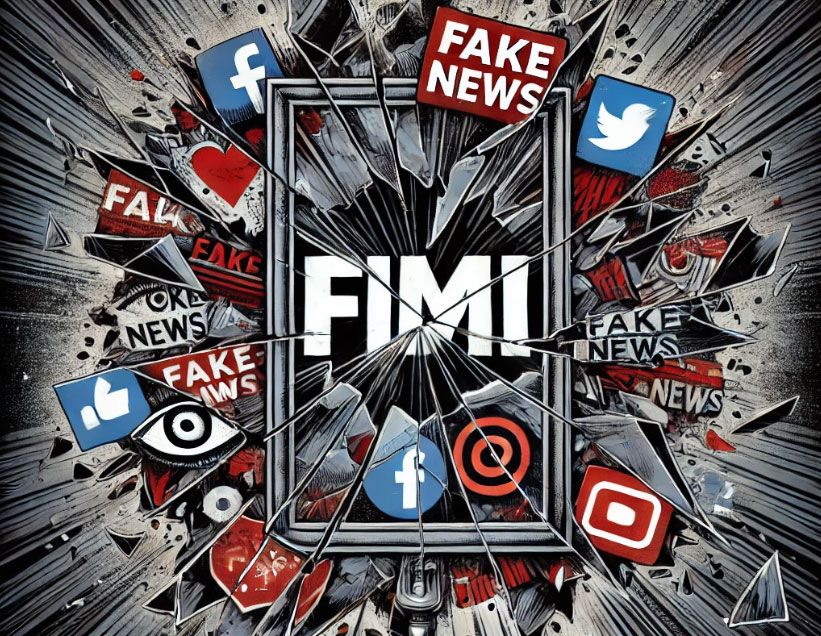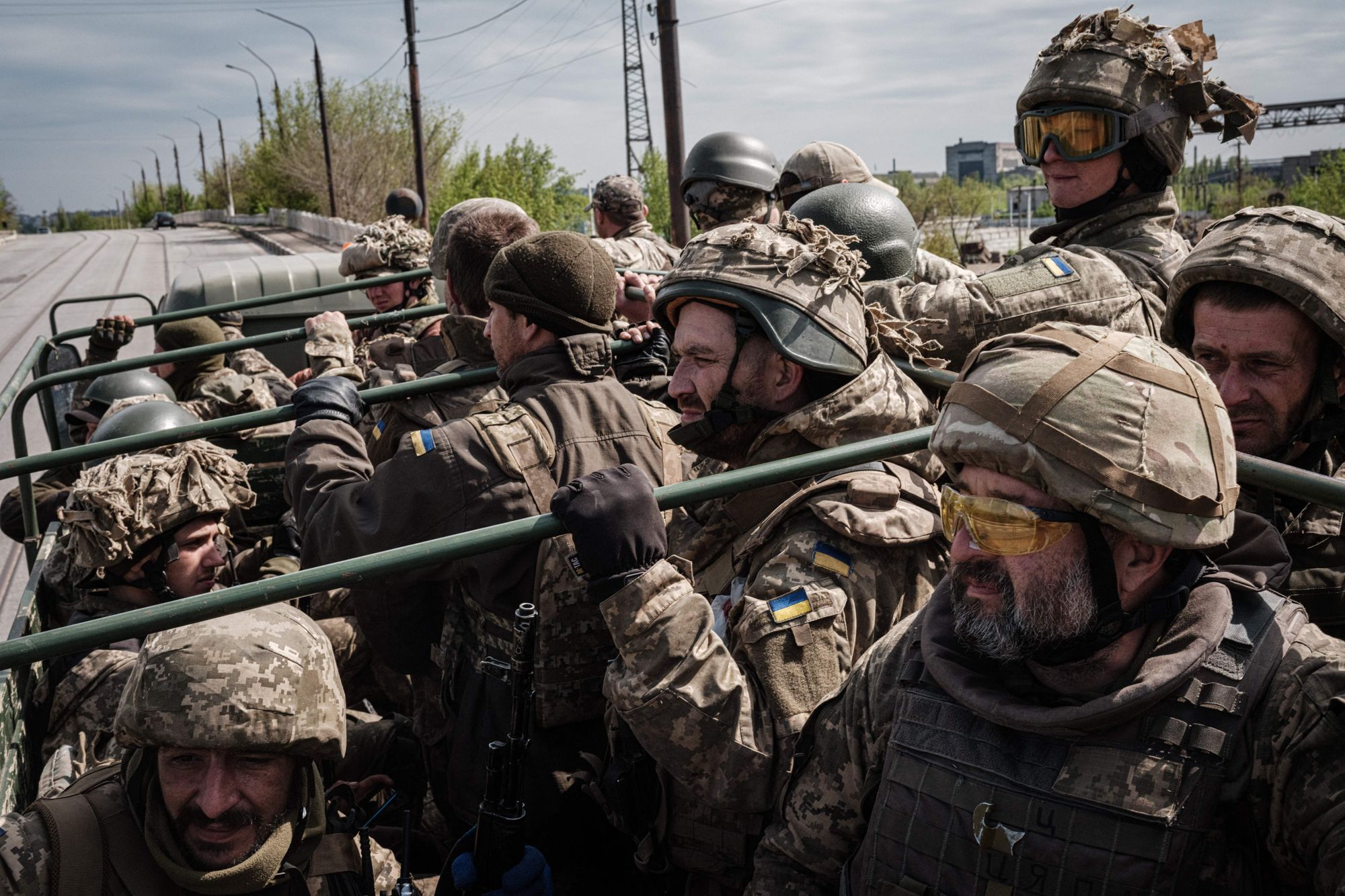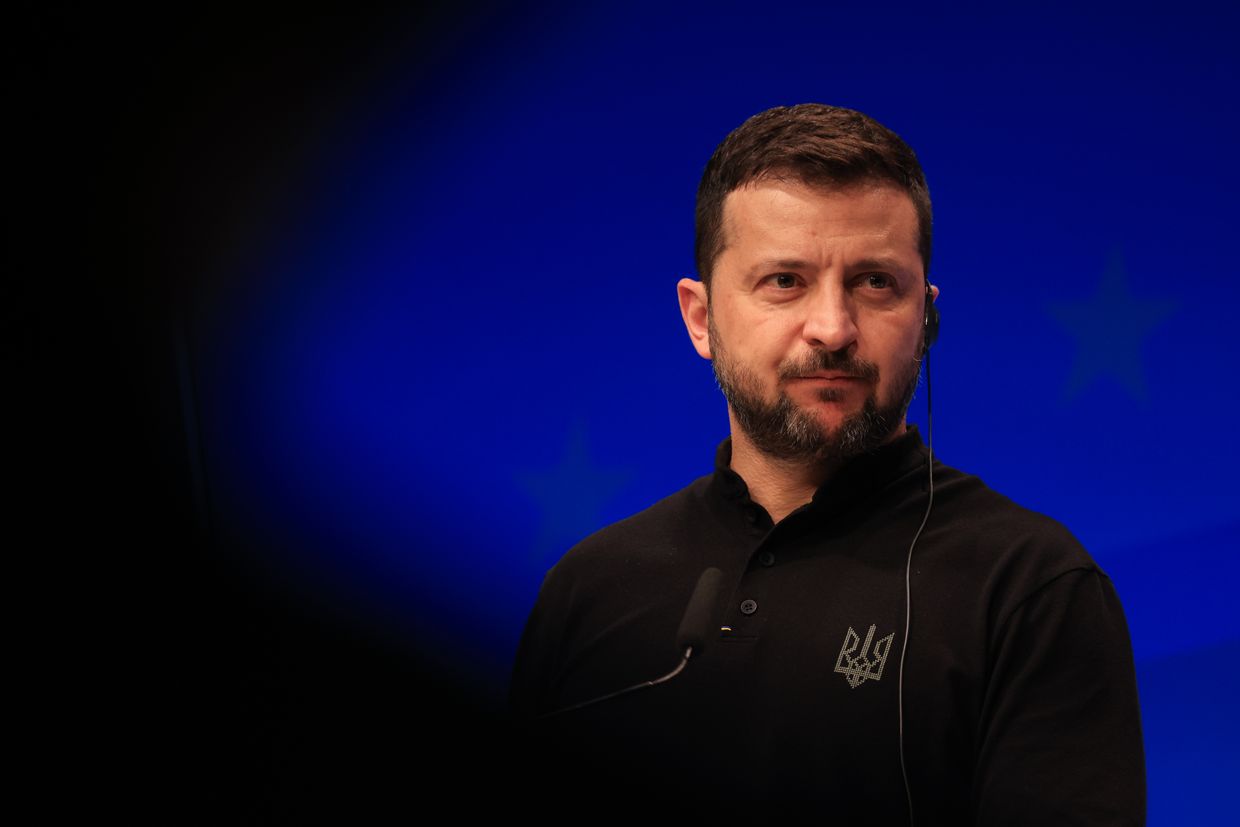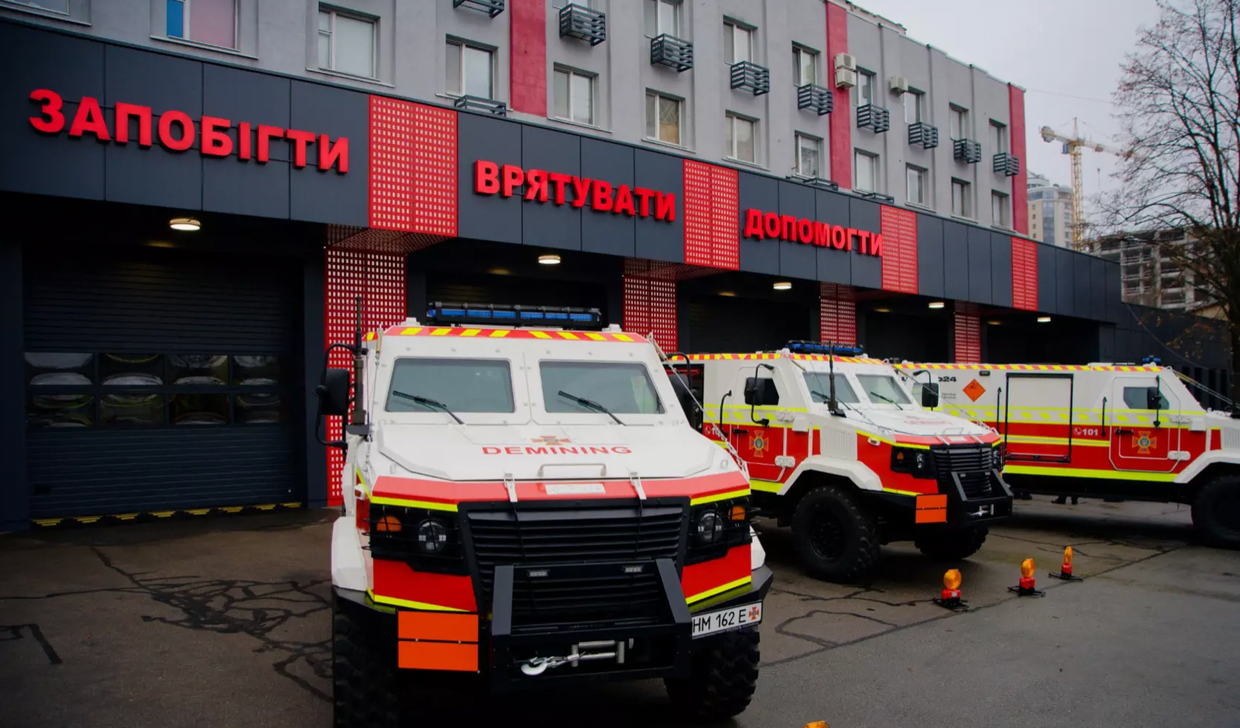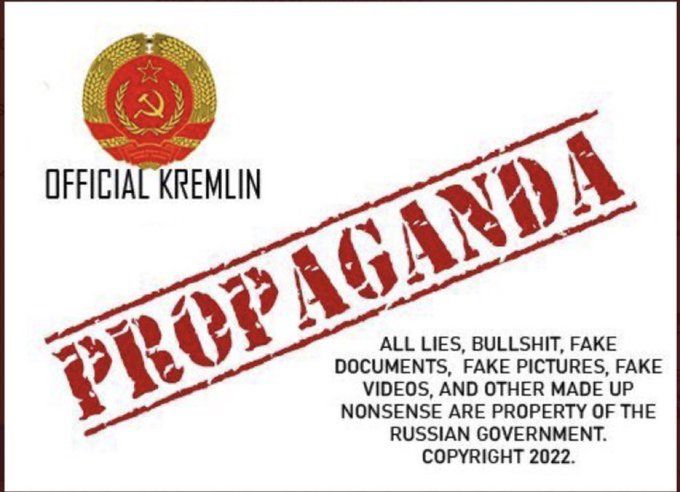According to the Beacon Project, a key initiative led by the International Republican Institute, FIMI often targets existing divisions within societies—cultural, political, or economic—to amplify discord and weaken democratic institutions.
Their recent analysis, covering seven European countries—Latvia, Germany, Estonia, Poland, Slovakia, Czechia, and Lithuania—uncovers how foreign actors strategically use propaganda, coordinated social media efforts, and other tactics to influence public opinion and policy.
These efforts are not random; they are tailored to exploit each country’s vulnerabilities, such as ethnic tensions, historical grievances, or political polarization.
You can explore detailed case studies and insights in their report (Countering FIMI: A Review of Seven Countries Under the Beacon Project).
How Does FIMI Work, and Why Should You Care?
FIMI campaigns aren’t just about spreading a few fake stories; they are carefully crafted strategies to exploit vulnerabilities.
Here’s how they impact you:
- Influencing Beliefs: Disinformation plays on your emotions to make you believe false narratives. For instance, during the COVID-19 pandemic, false claims about vaccine safety were targeted at communities already skeptical of government policies, creating widespread fear and hesitation. These campaigns are often so effective because they mix truth with lies, making them harder to debunk (WHO: Immunizing the Public Against Misinformation).
- Dividing Communities: By amplifying contentious topics, such as immigration, cultural identity, or health measures, disinformation widens societal divides. For example, during the COVID-19 pandemic, claims about vaccines being harmful were designed to sow mistrust in public health institutions. Specific communities were targeted with false narratives to pit them against others, further polarizing debates about public health and safety. This deliberate strategy makes it harder for people to agree on shared realities or work towards common solutions.
- Threatening Democracy: FIMI can undermine democratic processes by targeting elections. During the 2019 European Parliament elections, for example, foreign disinformation campaigns focused on amplifying conspiracy theories about candidates and policies. These tactics are designed to sow confusion and disengage voters, leaving democracy vulnerable to manipulation.
Even if you think you’re savvy enough to avoid falling for false information, its presence in the public sphere still affects you.
It shapes societal debates, influences policymaking, and intensifies polarization, making it a threat to democratic stability.
The Tools and Tactics of FIMI
Disinformation campaigns often rely on sophisticated methods to spread their influence:
- Social Media Amplification: Platforms like Facebook, X, and TikTok are frequently used to target specific audiences with tailored false narratives. Algorithms designed to maximize engagement often prioritize polarizing content, which can inadvertently boost disinformation. For example, during election periods, divisive political content was amplified by algorithmic recommendations (Study on Algorithmic Amplification). This makes disinformation spread faster and reach more people.
- Coordinated Bot Networks: Disinformation campaigns often rely on bots—automated accounts programmed to post, share, and amplify content. In Poland, analysts uncovered a coordinated bot network spreading false narratives about immigration policies, creating a perception of crisis where none existed. These networks are designed to appear organic, making it harder for users to distinguish between genuine and fake discourse.
- State-Sponsored Media: Countries like Russia and China leverage state-controlled media to disseminate propaganda globally. These outlets often mix factual reporting with subtle misinformation, making their narratives appear credible to unsuspecting audiences.
- Exploiting Cultural Tensions: FIMI campaigns target existing societal divisions. In the Baltics, Russian disinformation frequently uses historical grievances about the Soviet era to divide Russian-speaking minorities from the broader population. By exploiting these cultural tensions, foreign actors can destabilize social cohesion.
- Deepfakes and Visual Manipulation: Advances in AI have made it easier to create deepfake videos and manipulated images. These can be used to discredit public figures, spread false information, or create panic. For example, a fake video of a government official announcing false policies could quickly go viral, creating confusion before it is debunked.
How Are Countries Fighting Back?
The Beacon Project highlights several innovative strategies that countries are adopting to combat FIMI. Each approach reflects the unique challenges faced by individual nations.
Instead of relying solely on government efforts, many of these strategies involve collaboration with private companies, civil society, and media organizations.
Latvia: Tech and Vigilance
Latvia, given its proximity to Russia, has been a primary target of disinformation campaigns. One standout initiative is "DebunkEU.org," a platform dedicated to fact-checking viral stories and educating the public about recognizing false narratives (DebunkEU.org).
This initiative uses advanced algorithms to identify and debunk disinformation in real-time, ensuring that false stories are corrected before they gain traction.
Germany: Collaboration at Its Core
Germany emphasizes partnerships between the government, tech companies, and civil society to tackle disinformation. By pooling resources, these groups can identify emerging threats early and respond effectively.
For instance, media literacy campaigns aimed at older adults—often the most vulnerable to disinformation—are a key component of Germany’s strategy.
Estonia: Lessons from Cyberattacks
Estonia’s history with cyberattacks has made it a leader in digital resilience. Following a 2007 cyberattack attributed to Russia, Estonia invested heavily in cybersecurity and public education.
Today, Estonia uses digital tools to track disinformation campaigns, ensuring swift countermeasures to protect public trust.
Poland: Tracking the Networks
Polish analysts focus on uncovering coordinated online disinformation campaigns, particularly those targeting politically sensitive issues.
By analyzing bot activity and fake accounts, they have developed tools to expose networks designed to manipulate public opinion.
Slovakia: A Literacy Challenge
Slovakia’s low media literacy has made it particularly vulnerable to disinformation. Educational campaigns here aim to equip citizens with the skills to critically evaluate online content.
This is seen as a long-term solution to building resilience against manipulation.
Czechia and Lithuania: Grassroots Resilience
Civil society organizations in Czechia and Lithuania play a significant role in promoting media literacy and awareness.
These grassroots initiatives complement government efforts, ensuring that anti-disinformation campaigns reach all levels of society.
Building Societal Resilience: A Broader Perspective
A study by the EU’s Joint Research Centre identifies 13 domains affected by FIMI, including politics, cybersecurity, and cultural institutions.
This comprehensive approach emphasizes that countering disinformation requires participation from all sectors of society.
Key Challenges:
- Fragmented Coordination: Many countries struggle to align efforts across agencies and sectors.
- Lack of Legal Frameworks: Without clear laws targeting FIMI, enforcement and accountability are limited.
- Low Public Awareness: Disinformation thrives in environments where the public lacks media literacy.
Recommendations for Resilience:
- Legislative Reforms: Introduce clear definitions and penalties for FIMI activities.
- Media Literacy in Schools: Empower younger generations with critical thinking skills to evaluate online content.
- Monitoring Emerging Platforms: Pay attention to newer platforms like Telegram and TikTok, where disinformation is increasingly prevalent.
- Restoring Public Trust: Transparent governance is essential to counter public skepticism.
Why is Regional Collaboration Crucial?
Disinformation campaigns rarely respect national boundaries. For example, Baltic nations share tools and strategies to counter Russian narratives. The StratCom Centre of Excellence in Latvia serves as a regional hub for research, strategy, and capacity-building efforts (StratCom Centre of Excellence).
These collaborations enable countries to pool expertise and respond collectively to emerging threats.
What Can You Do to Protect Yourself?
Disinformation thrives when people unknowingly accept and share false information. Here’s how you can stay informed and protect yourself:
- Check the Source: Always verify the credibility of websites or accounts sharing information. Use reputable fact-checking websites.
- Look for Evidence: Reliable stories include verifiable data or sources.
- Pause Before Sharing: Avoid reacting impulsively to shocking content.
- Discuss and Educate: Talk to friends and family about the risks of disinformation. Awareness is a powerful defense.
The Bigger Picture
Disinformation isn’t just an abstract threat; it’s a force that erodes the trust necessary for societies to function cohesively. It polarizes communities, undermines democratic values, and threatens the stability of institutions by sowing doubt and mistrust.
One significant danger of disinformation is its ability to weaponize existing societal divides. Whether exploiting political disagreements, cultural tensions, or misinformation during crises like the COVID-19 pandemic, these campaigns exacerbate divisions and weaken public solidarity.
The effects ripple outward, impacting everything from public health responses to international relations.
Moreover, disinformation creates an "information vacuum" by overwhelming people with so much conflicting data that they become apathetic or distrustful of all sources. This erosion of trust doesn’t just affect governments or media; it undermines interpersonal relationships and shared truths within communities.
Ultimately, the fight against disinformation is about more than just protecting the truth—it’s about ensuring that societies can function harmoniously, with trust as their foundation.
While the challenge is daunting, collective action at every level can reclaim the information space from those seeking to destabilize it.
For more insights, read the original articles on FIMI and resilience at New Eastern Europe.


